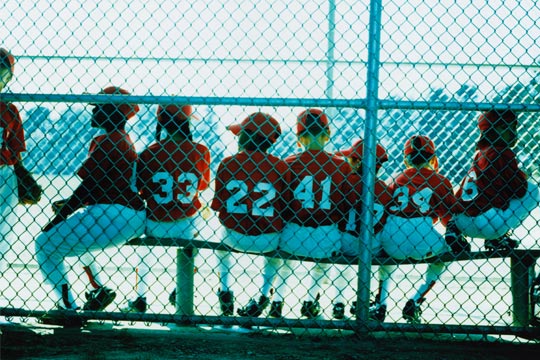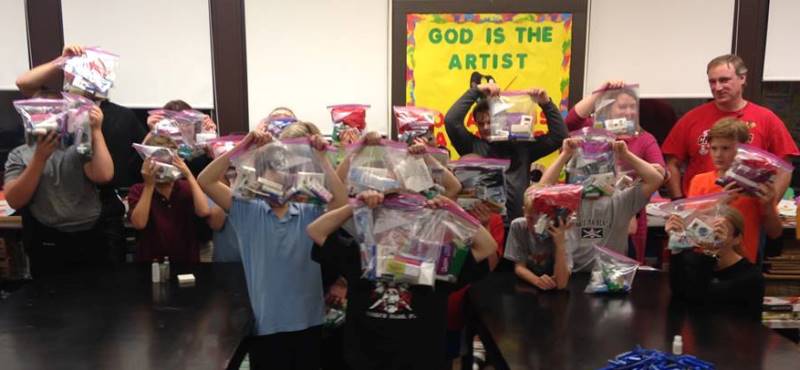
Are you familiar with the “mercy rule” in sports? The mercy rule states that if one team is ahead by an insurmountable lead, the game ends so as to not drag out the humiliation of the losing team. Since many children play sports, they are familiar with the mercy rule. It can be a great starting place for teaching mercy and the fact that we are called to show God’s compassion to everyone, even our opponents and those people we consider “enemies.”
The mercy rule example helps children think about how to show mercy to others. Begin the discussion by asking them about how they experience the mercy rule in sports. How does it feel to be on the losing team? How should you treat the players of the losing team if you are on the winning team? What would the game be like if it kept going without a mercy rule?
Extend the discussion by asking the children what the world would look like if there were a mercy rule for life. Who in life would need mercy? Who are the people who “fall behind” in the game of life? How could we show them mercy? Ask children to come up with a mercy rule for life. Younger children may need more prompting such as, “How can we show mercy to someone who is hungry? How can we show mercy to someone who is sad?” Older children will discover almost all of the corporal and spiritual works of mercy on their own once they get going.
Give children time to brainstorm, and then present them with the corporal and spiritual works of mercy. Explain that the works of mercy are the Church’s mercy rule. See how many of the works of mercy are included in the mercy rules the children created on their own. What other works of mercy did the children think of that are not on the Church’s official list? Why do they see those works as being necessary in life? For example, one of my classes insisted that defending the bullied needed to be an official work of mercy.
More important than learning about the works of mercy, however, is putting them in action. We learn about our faith in order to live it. For example, the class could focus on one corporal and one spiritual work of mercy for a week. Find ways for the class to do this work of mercy in their daily lives. Brainstorm different ways your class can perform the works of mercy, always keeping in mind that people hunger for more than food and are imprisoned without being in jail. Perhaps you will do a service project as a class. Whatever you choose to do, keep it simple and realistic.
Finally, don’t forget to pray. Pray for the strength to live the works of mercy. Pray for the strength to receive the works of mercy when you need them (after all, no one looks forward to being admonished). Pray for others who need to receive mercy. Pray for merciful eyes and ears to know when someone needs mercy. Pray that this Year of Mercy leaves the world a better place than when it started.
What are some ways you show mercy in your classroom?
Download a free works of mercy resource packet with prayers and activities.





Be the first to comment